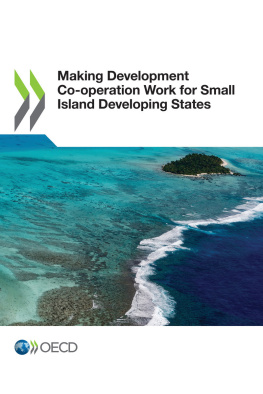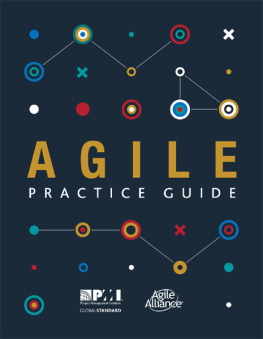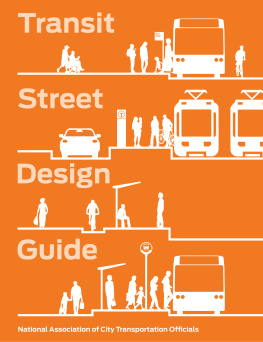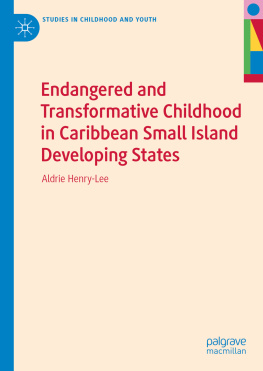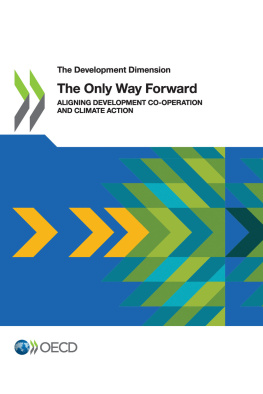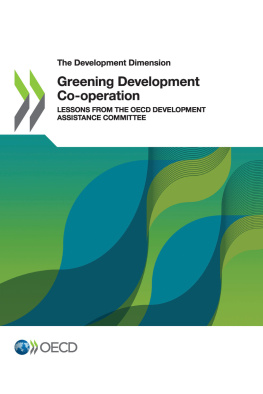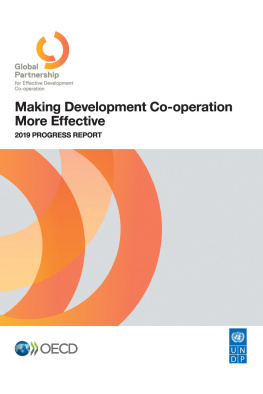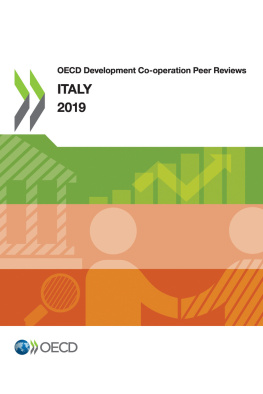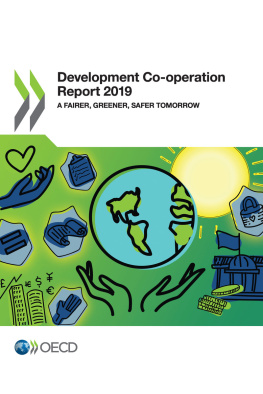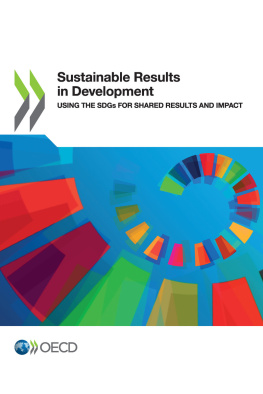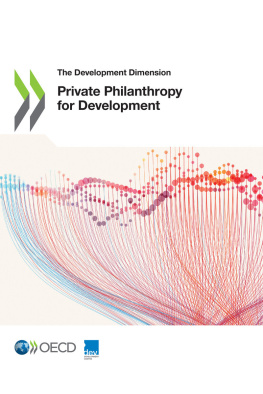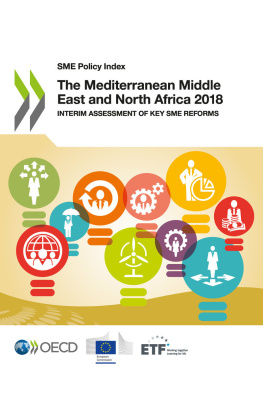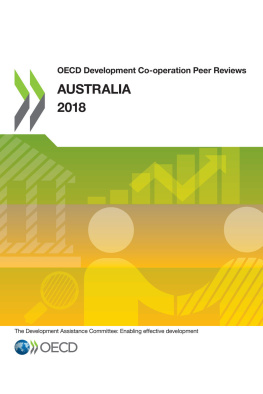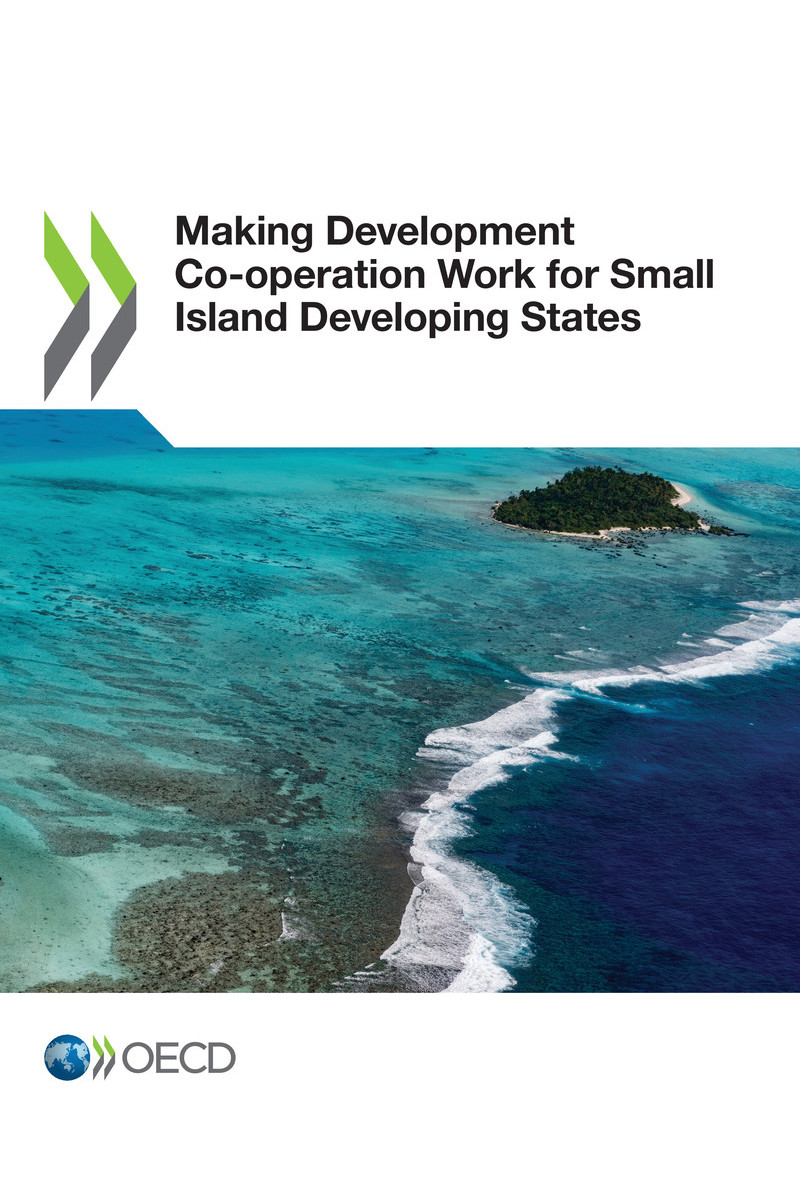Metadata, Legal and Rights
ISBN: 978-92-64-28761-7 (print) - 978-92-64-28764-8 (pdf) - 978-92-64-29907-8 (HTML) - 978-92-64-29906-1 (epub)
DOI: http://dx.doi.org/10.1787/9789264287648-en
This work is published under the responsibility of the Secretary-General of the OECD. The opinions expressed and arguments employed herein do not necessarily reflect the official views of OECD member countries.
This document, as well as any data and any map included herein, are without prejudice to the status of or sovereignty over any territory, to the delimitation of international frontiers and boundaries and to the name of any territory, city or area.
The statistical data for Israel are supplied by and under the responsibility of the relevant Israeli authorities. The use of such data by the OECD is without prejudice to the status of the Golan Heights, East Jerusalem and Israeli settlements in the West Bank under the terms of international law.
Photo credits: Cover Izanbar/Dreamstime.com.
Corrigenda to OECD publications may be found on line at: www.oecd.org/publishing/corrigenda .
OECD 2018
You can copy, download or print OECD content for your own use, and you can include excerpts from OECD publications, databases and multimedia products in your own documents, presentations, blogs, websites and teaching materials, provided that suitable acknowledgement of OECD as source and copyright owner is given. All requests for public or commercial use and translation rights should be submitted to .
Foreword
This report is part of the OECD work on countries most in need and contributes to international efforts to better tailor development co-operation to the specific circumstances of small island developing states (SIDS). The OECD has intensified its work on countries most in need, with a view to maximising the full potential of development finance, particularly of scarce official development assistance (ODA), since the 2014 OECD Development Assistance Committee (DAC) High Level Meeting, where Ministers from DAC member countries decided to allocate more of total ODA to countries most in need, such as least developed countries (LDCs), low-income countries, small island developing states (SIDS), landlocked developing countries and fragile and conflict-affected states. At the Third International Conference on Small Island Developing States, the Chair of the DAC and the Administrator of the United Nations Development Programme, together with the Caribbean Community and the Pacific Islands Forum Secretariat, agreed to contribute new evidence to foster international dialogue and build international support for SIDS, including a focus on OECD work on countries most in need on SIDS. Tailoring financial instruments to different country needs is also at the heart of the concerns expressed during the 2016 and 2017 DAC High Level Meetings.
Previous OECD work documented the impacts of natural disasters and climate change in SIDS and the need to build resilience. This evidence was used to inform policy dialogue in partnership with SIDS governments and other international stakeholders, including during the 22nd Conference of the Parties to the UN Framework on Climate Change (COP22), the 2016 OECD DAC Senior Level Meeting, the 2016 Small States Forum and the 2017 UN High Level Conference to Support the Implementation of Sustainable Development Goal 14.
This new report draws upon a number of original sources and contributes new evidence to further efforts to tailor international co-operation and concessional finance to the specific circumstances of SIDS. It documents the economic and social performance of SIDS compared to that of other developing countries, pointing to specific challenges facing SIDS and suggesting that new development solutions and approaches are needed to chart the course to prosperity for their people and their environments. The report examines the financing for development resources - domestic and external - available to SIDS. It provides new evidence on sources, destination, and objectives of development finance in SIDS. It highlights innovative approaches and good practices that the international community could replicate, further develop, and scale up in order to make development co-operation work for SIDS, helping them set on a path of sustainable development.
The special development case of SIDS is internationally recognised. Yet, it is only recently that SIDS have more strongly advocated collectively for greater international support and that the international community has started to respond. The special challenges of SIDS were first recognised in the Rio Declaration, issued by the 1992 UN Conference on Environment and Development (also known as the Earth Summit) in the context of Agenda 21 (Chapter 17 G). The first UN Global Conference on Sustainable Development in SIDS took place in Barbados in May 1994. During the Conference, SIDS endorsed the Barbados Programme of Action, which served as the main policy framework addressing the economic, social and environmental vulnerabilities facing SIDS. The UN Third International Conference on Small Island Developing States held in 2014 in Apia, Samoa, provided further international impetus to the SIDS agenda, and focused the worlds attention on the specific vulnerabilities of SIDS, calling for their adequate consideration. Most recently, in 2015, the Addis Ababa Action Agenda recognised the development constraints and vulnerability of SIDS, and acknowledged the need to look beyond per capita income as a criterion determining eligibility for concessional finance. Still in 2015, SIDS played a leading role in reaching the historic Paris Agreement, which acknowledged their acute vulnerability, and provided an international framework for ongoing financial and technical support as they seek to transition to climate-resilient green economies. The same year, the Sendai Framework for Disaster Risk Reduction also recognised the acute exposure of SIDS to natural disasters, and the need for greater investments in preparedness and risk reduction.
Acknowledgements
This report was written by Piera Tortora and Jonathan Barnes, under the overall supervision of Olivier Cattaneo and Haje Schtte. In Chapter 3, the section on triangular co-operation was co-authored with Nadine Piefer and the section on regional approaches with Gay Tejada (PARIS21 Secretariat). Statistical data support was provided by Ccilia Piemonte and Valrie Thielemans.
Members of the OECD Development Assistance Committee (DAC) are acknowledged for their useful feedback, namely Australia, Austria, Germany, Hungry, Ireland, Italy, Japan, New Zealand, Spain, United Kingdom and United States. Financial support and expert consultations with officials from Australia and New Zealand are kindly acknowledged.
The authors would like to acknowledge the following individuals and experts for their comments and advice on earlier versions of the report: Gail Hurley, United Nations Development Programme, Naresha Duraiswamy, World Bank Secretariat of Small States Forum, Natalie Cooke, (Cook Islands), and Kevin Hogan, as well as OECD colleagues: Wiebke Bartz, Juan Casado Asensio, Emilio Chiofalo, Paul Horrocks, He Yeon Ji, Antonia Leroy, Roger Martini, Rahul Malhotra, Rachel Morris and Cushla Thompson.

